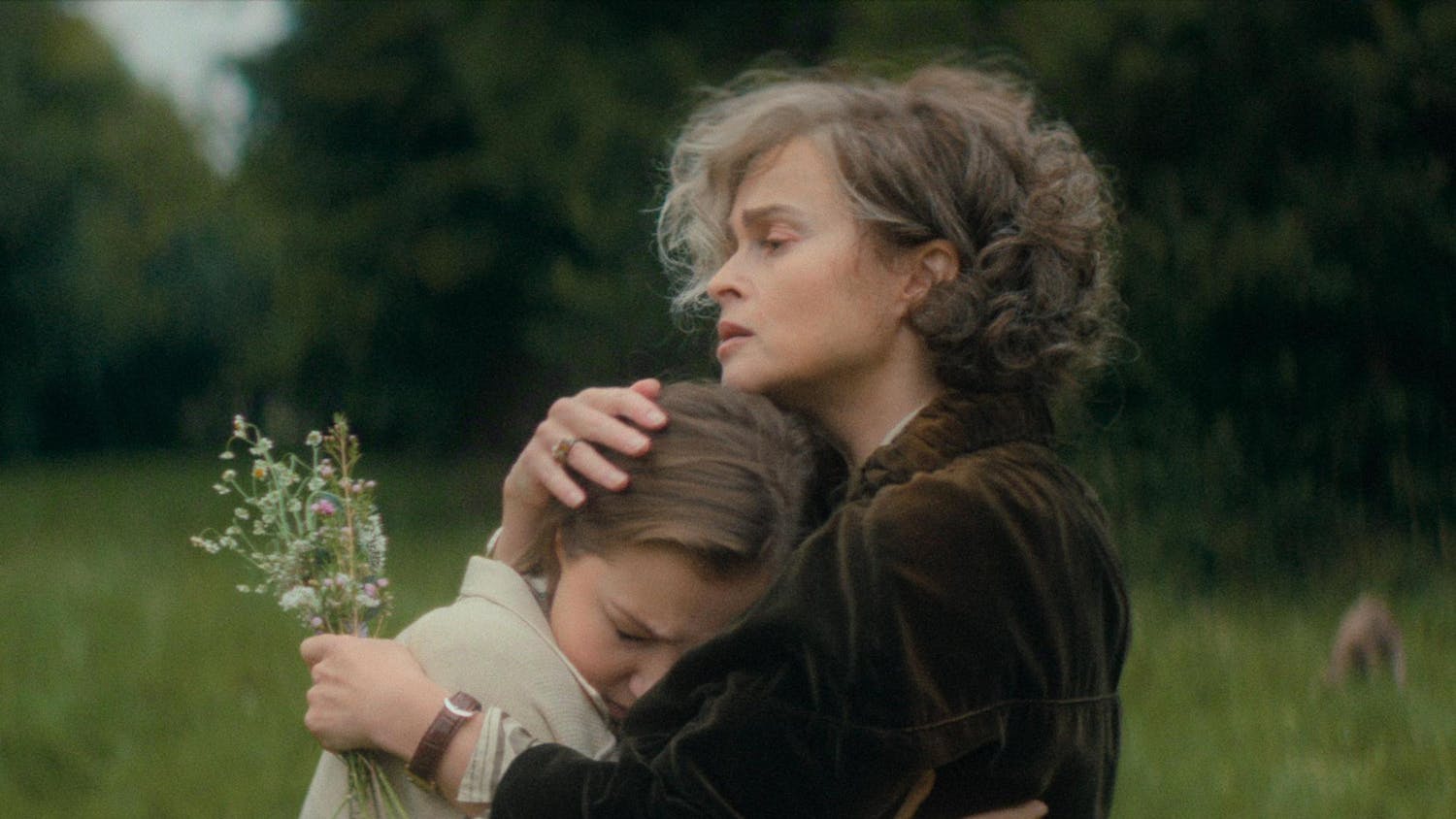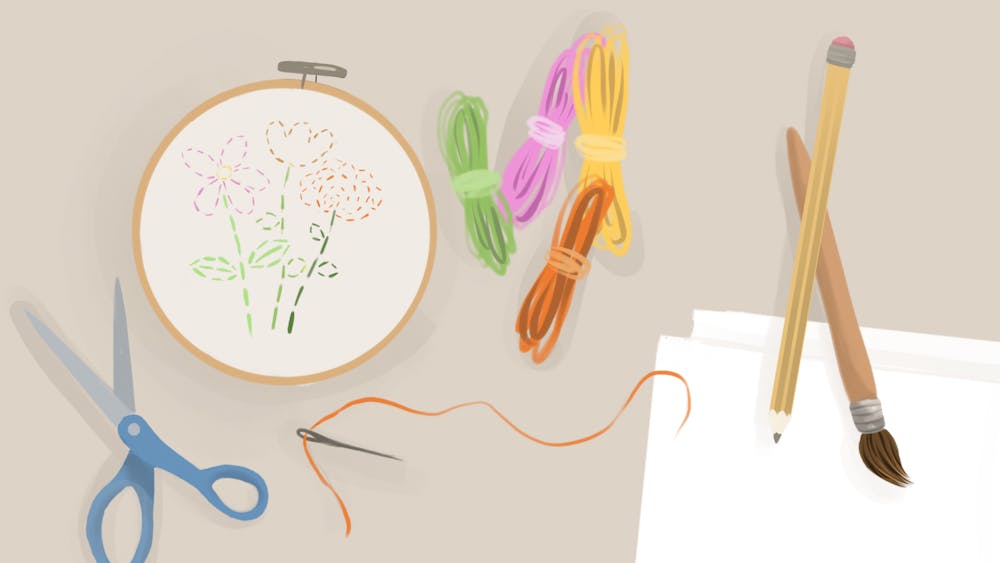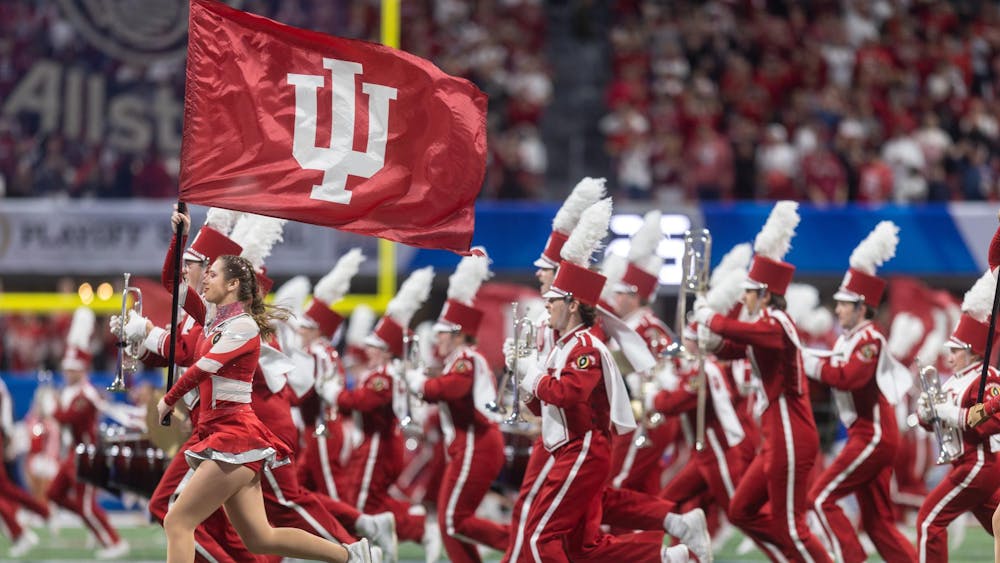Imagine you’re Penn Badgley, an actor who has worked hard to portray the abominable inner workings of stalker/serial killer Joe Goldberg’s mind on the hit Netflix show “You.” Imagine logging on to Twitter, only to find thousands of thirst tweets that say things like “Kidnap me pls,” written by users who actively ignore those psychotic behaviors of your character and fixate on how sexy you are instead.
The bad boy archetype is as old as time. From Danny Zuko to Zac Efron’s portrayal of Ted Bundy, there is no shortage of characters with defiant personalities whose toxic behaviors range from rude to downright murderous. Too often, these characters are forgiven by audiences on the basis of how attractive they are, and they become far more romanticized than they are criticized.
I know the internet’s lust for Joe Goldberg is old news. But the Tik Toks of teenage boys pretending to be “hot” serial killers in twisted point-of-view concepts, meant to arouse female users, have only been getting more and more popular. This is just the most recent installment in our society’s never-ending pursuit to idealize villains.
As a society, and for the most part, as women, we love a hot villain. Believe me, I get it. But at some point, we need to acknowledge the real-world ramifications of romanticizing male characters who exhibit horrific behaviors on screen.
Rather than hold these characters accountable for their behavior, we excuse them altogether on the grounds that they’re just “misunderstood.” This then normalizes those behaviors in real life, and people begin to model their personalities around the mysterious, aloof, domineering bad boy archetype.
Glamorizing these characters also gives us lower standards for how we should be treated in actual relationships. It fuels a long-held misconception that people, usually women, should be able to endure mistreatment from their romantic partners and be able to change them for the better.
One step in the right direction might be separating the actor from the character. By all means, enjoy how attractive Marlon Brando is, just don’t let Stanley Kowalski off the hook for abuse and rape.
At the end of the day, however, these characters exist only in fictional spaces. Why shouldn’t we indulge in a little escapism here and there and imagine how cute getting married to Kylo Ren would be?
To an extent, this should be OK. The problems arise when we subconsciously internalize the bad boy trope and expect that we’ll be able to replicate those fantasy romances in real life. You can’t change people, no matter how many times the "Beauty and the Beast" archetype is portrayed on our screens. And even if you can, it’s not your job to.
None of us should be expected to rehabilitate our romantic partners, or even see past their unpleasant characteristics for that matter. Maybe in movies and TV shows, assholes can be complex and misunderstood. But in real life, they’re usually just assholes.






